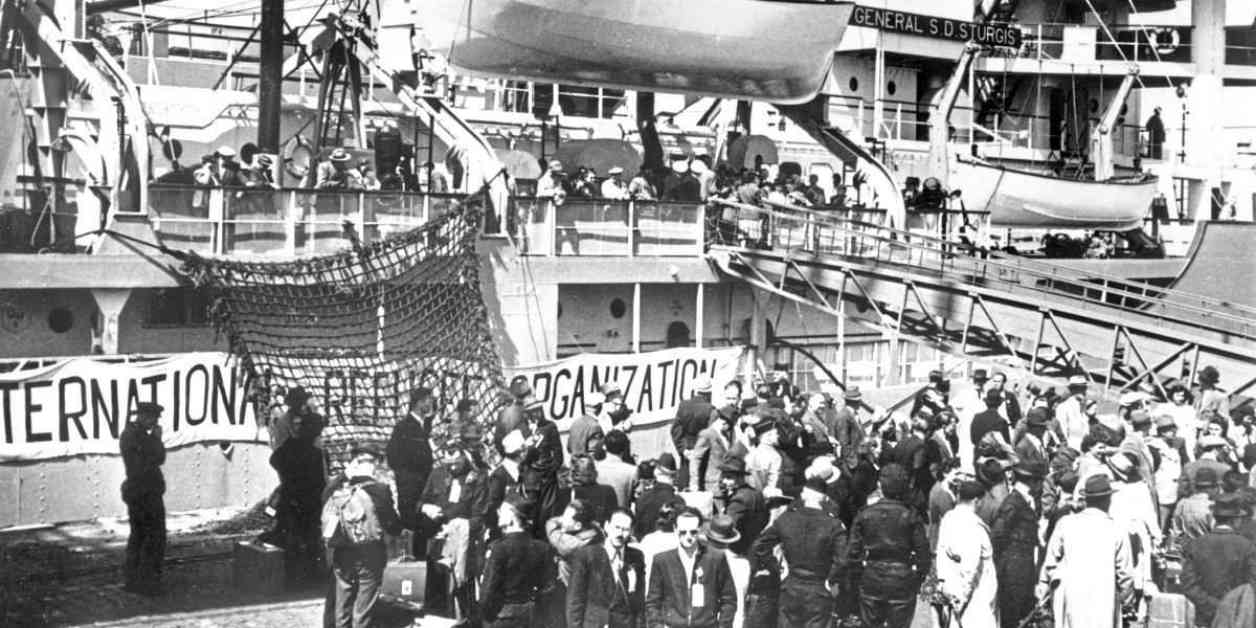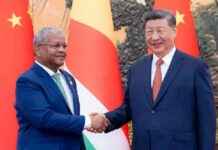Paul Weis may not be a well-known figure in Austria, but his contributions to international refugee law are significant. Born in Vienna in 1907, Weis played a key role in the drafting of the Geneva Refugee Convention (GRC), a milestone in humanitarian law. Despite being a refugee himself, having been expelled from Vienna, his legacy is not widely recognized in his home country.
After World War II, efforts were made to help Holocaust survivors start anew. Refugees, like those waiting to embark on a journey to the USA with the assistance of the International Refugee Organization in 1951, were seeking a fresh start.
Hannah Lessing, the Secretary General of the National Fund, praised Weis as one of Austria’s great sons during the first award ceremony of the human rights prize named after him. Those who delve into the life of this jurist can appreciate his significant role in shaping the GRC.
Weis’s work on international refugee law has had a lasting impact on how the world views and treats refugees. His efforts have paved the way for the protection and rights of refugees globally. Despite his humble beginnings and the challenges he faced as a refugee himself, his legacy lives on through the work he did to establish the GRC.
In today’s world, where the refugee crisis continues to be a pressing issue, Weis’s contributions serve as a reminder of the importance of upholding the rights and dignity of all individuals, regardless of their background or circumstances. As we reflect on his legacy, we are reminded of the need to continue working towards a more inclusive and compassionate society for all.









![Indie music fans gather at l’Antipode for [Face B] Kool Things soirée on Saturday night news-15112024-105933](https://shanghainewstv.com/wp-content/uploads/2024/11/news-15112024-105933-218x150.jpg)







